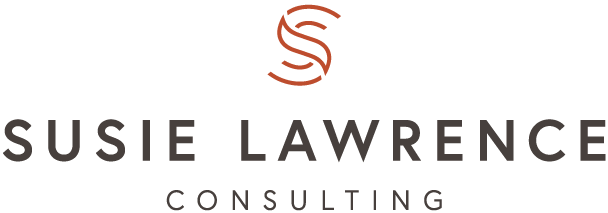So, what’s all this wisdom stuff about then?
Can wisdom be defined?
Wisdom is one of those challenging words isn’t it? It’s difficult to define and we don't like to claim that we are wise. And what difference does it make to our lives if we are wise anyway?
As a psychologist, I am fascinated by the social, emotional and cognitive processes that translate our experience into ‘being wise’. At a time when wisdom seems to be lacking in some of our world leaders, you might like to explore it more from the perspectives of literature in this new book, ‘A handbook of Wisdom’ by Sternberg and Jordan.
Is this wisdom?
After 10 years of running Runway Consultancy, my client base has grown up. They are learning in the proverbial school of life, not the corridors of the London School of Economics. I realised that, as a coach, what I do is to challenge them to think and behave differently.
This is about stepping back, reflecting, and embracing multiple perspectives before making a decision. Accepting ambiguity. Listening, and really valuing another point of view. Reflecting on what really matters personally, and living life accordingly. Knowing when and how to let go of what is finished, to reinvest in life, make compromises, and engage in new exciting activities. You can take a look at how my clients define wisdom in a short film we made together.
Cultivating wisdom in practice
Picture my recent client, a successful finance director who had lost a sense of purpose in his work. As a result, he was struggling to make an impact and be recognised for his contributions. He was at a real choice point in his career. We explored his need to work with ideas and abstract concepts, but also his skill of viewing a problem from divergent points of view.
We discussed his need to build relationships based on depth and his values of curiosity and creativity. He began to think differently about his role and look for ways to shape it to fit what he liked doing. He started talking more about his style to others at the office and as a result he found new ways of working with people.
This newfound wisdom and ability to be open-minded and willing to make changes has not only cultivated a real sense of enjoyment in his work - he also secured a promotion. I think it's a great example of using your values rather than goals to find meaning. And understanding your intellect and finding a way to feed it; living through the challenges and possibilities of the unknown and having the wisdom to embrace it. This is explained beautifully in Dr Russ Harris’s lovely short video on goals and values.
More brain food
Researchers have found that people who are perceived to be wise typically demonstrate high levels of intrapersonal and interpersonal competence, including deep understanding and reflection, excellent judgment and communication skills and empathy for others.
Trusting your vast warehouse of experience rather than formal learning might also be one of the core features of wisdom. This tacit knowledge is action-oriented, it helps you to achieve goals you personally value, and it can be acquired only through learning from your experiences.
So perhaps even though we can’t define wisdom, we know it when we see it.
If you’re looking for more food for thought, I really recommend that you read ‘Man’s Search for Meaning’ by Viktor Frankl (1992). It tells the story of how Frankl survived the Holocaust by finding personal meaning in the experience, which gave him the will to live through it. Here’s a quote from him to leave you with:
“Our greatest freedom is the freedom to choose our attitude.” – Viktor Frankl
What does picking blackberries have to do with wisdom? Find out by heading to my last blog to listen to this deliciously warm, funny and powerful audio on wisdom by Karen Cogan. I am coaching Karen as part of the Hospital Club’s Emerging Creatives programme.

